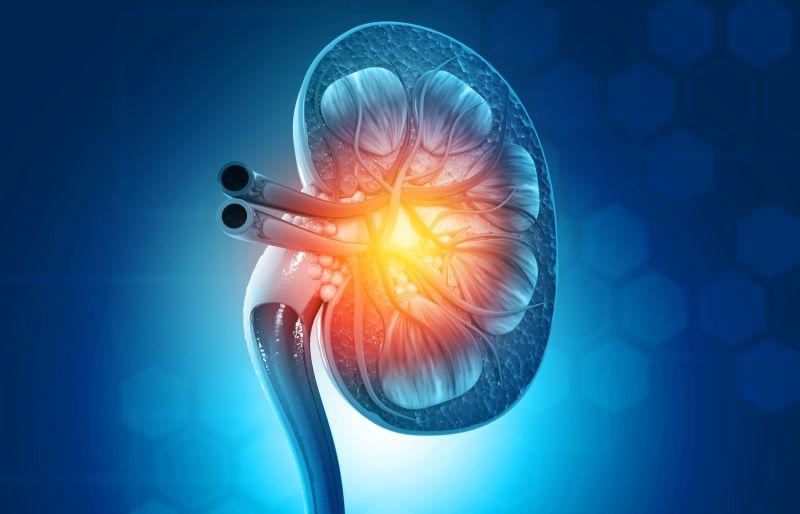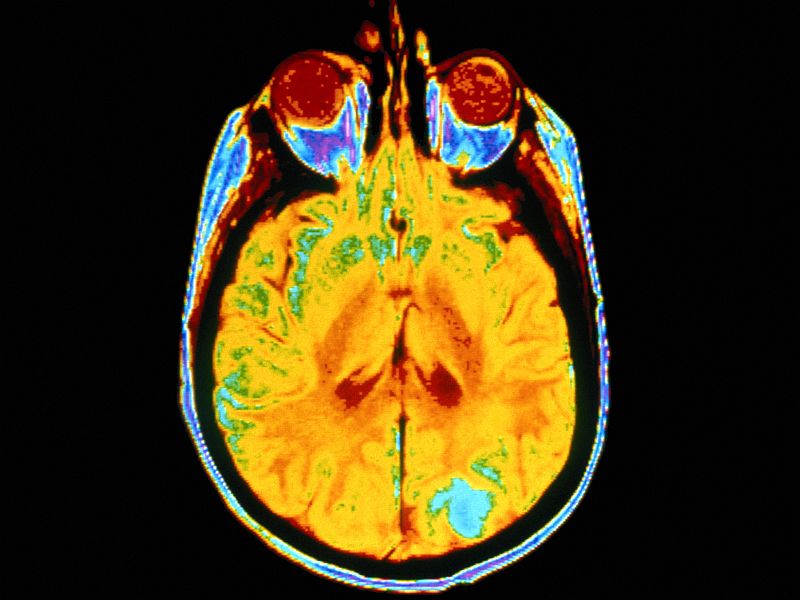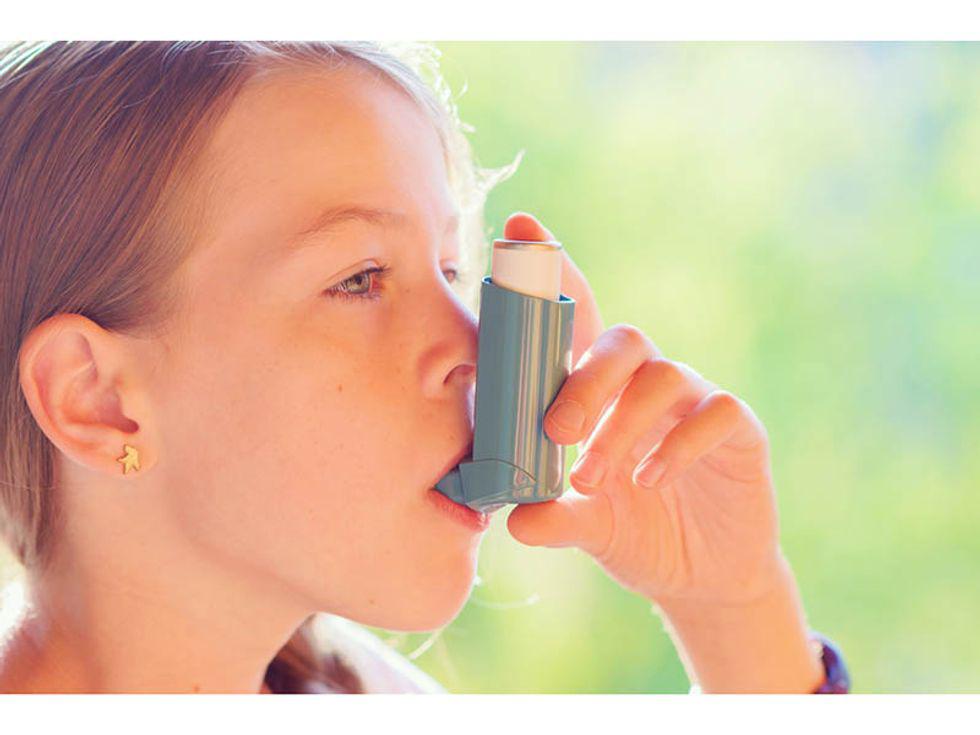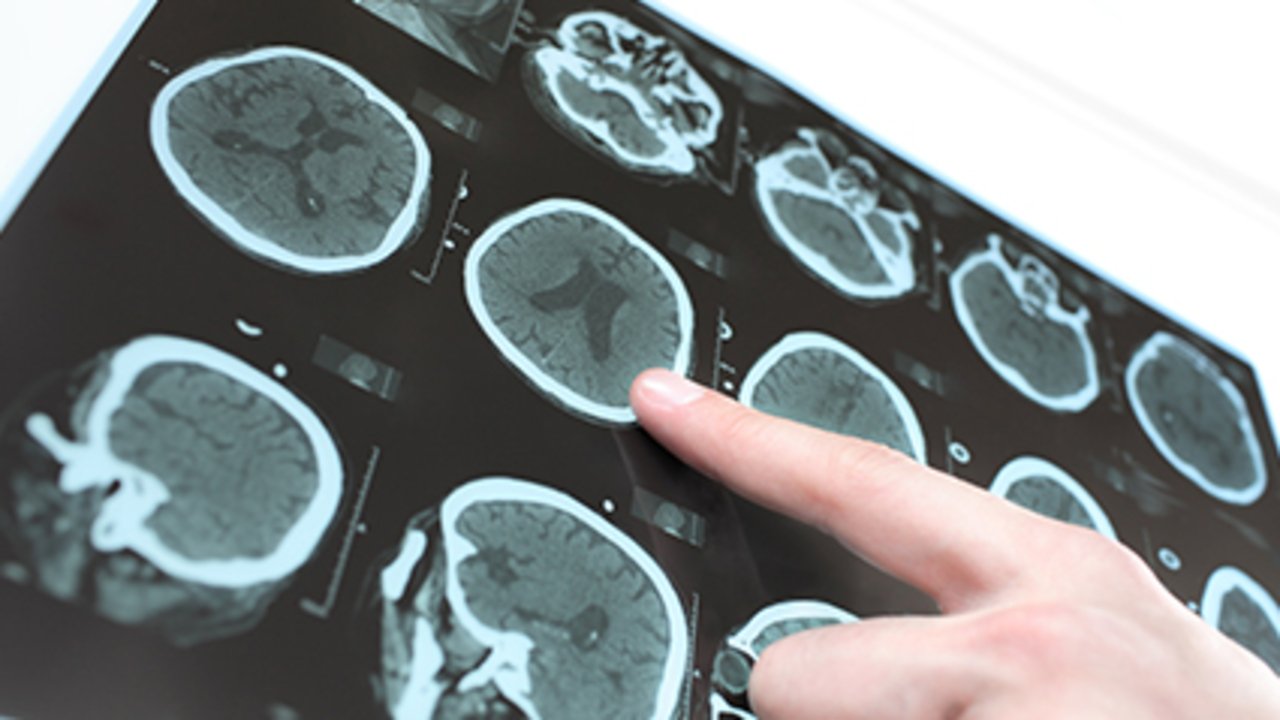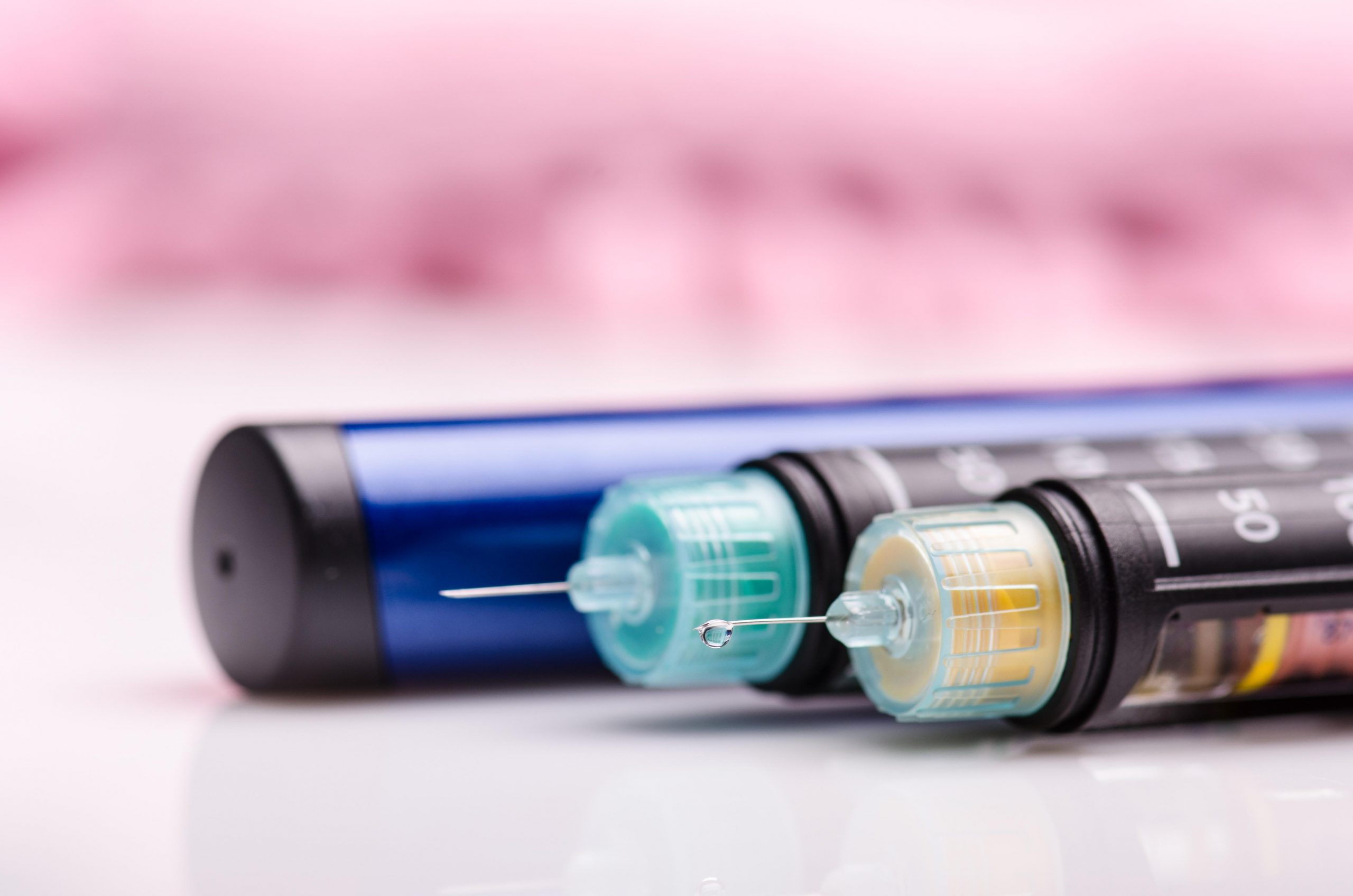
Tejocote weight-loss supplements sold through online through Amazon or Etsy could contain a highly toxic substance, the U.S. Food and Drug Administration is warning. FDA tests revealed that capsules labeled as tejocote instead contained yellow oleander, a poisonous plant native to Mexico and Central America. The FDA found yellow oleander in nine different products labeled… read on > read on >










